How illiberal is the American voter?
About one of every four Americans is dangerously illiberal
Friends,
I wrote to you all last week about how the attack on the Capitol is a consequence of incentives toward authoritarianism from political psychology, opinion leaders, and America's electoral institutions. There was a good amount of social science mentioned in that post, and while it was rather long already (at 3,000 words!), it seemed to lack some contextual public opinion information about just how popular authoritarian attitudes are today.
I want to remedy that with a brief post this week. So, just how illiberal is the average American voter?
Editor’s Note: This is a paid post for premium subscribers. If you are a subscriber and have friends or family that you think might learn something from this post, you should feel open to forward it to them regardless of their membership status. But if you have been graciously sent this post by a friend that subscribes, please consider signing up for updates yourself by hitting the button below.
First, let's look at some data on the parties. Political scientists have come up with several ways to gauge the authoritarian leanings of political parties around the world. This lets us compare how the Democratic and Republican parties stack up against, say, Turkey and Poland's far-right parties. Here are two different measures, one from a survey of political scientists, and another from a ranking system based on things that party leaders say/do:
And here's a breakdown of some of the factors that the scholars are looking at. For example, Republican Party leaders have become increasingly likely to endorse violence against their opponents since 2000.
These scores of America's Republican Party are worryingly illiberal. With competition between Democratic and Republican elected officials reorienting around fundamental democratic values — such as tolerating your opponent's victories and protecting the rights of the political minority — is a dangerous reminder of how far our republic has fallen.
However, these data only tell us indirectly about how the voters themselves feel. Parties represent voters to some extent but can stray from the median or average opinion of their constituents for various reasons. For one, primary electorates are more ideologically extreme than the general electorate. This suggests that the illiberalism of Republican leaders might mislead us into thinking that voters are more authoritarian than they are.
Of course, it's hard to square that theory with the attack on the Capitol on January 6th. But what do the data say?
A study from Vanderbilt political scientist Larry Bartels, published right before the election, found that a plurality of Republican voters agreed with a range of authoritarian positions. These included statements such as "A time will come when patriotic Americans have to take the law into their own hands" and "Strong leaders sometimes have to bend the rules in order to get things done." Here's the full breakdown:
Worryingly, other studies have found younger Republicans are likelier than their older co-partisans to endorse political violence. See here:

So far, we have been subsetting all these percentages to the population of Republicans in the country. But what about the average voter — IE, regardless of their party? Multiplying the percentage of Republicans who have higher-than-average levels of authoritarianism (about 45%) times the share of Americans who are Republicans (33%, as per the most recent YouGov/Economist poll) we get 15%, or about out of every seven voters. Adding on to that the percent of Democrats (41% of adults) who said that violence is justified "if their side loses the election" (22%), another nine percent of voters, and we get 24% — or about one in every four voters who we might call "dangerously illiberal."
Of course, we shouldn't both-sides right- and left-wing opposition to liberal norms. Only one side stormed the US Capitolto try to kidnap/kill legislators and stop the peaceful transfer of power from a Republican to Democratic president.
...
This coming Wednesday, Joe Biden will be inaugurated in DC — with only a crowd of some 25,000+ National Guard and local/federal police to watch. It will be the most militarized inauguration in American history, with even more soldiers and less civilian access than Abraham Lincoln's in 1861. The caution represents a violent and precipitous breakdown in Democratic norms both among a majority of legislators belonging to America's far-right political party, and a sizable minority of its voters.
We don't have to go back very far in American history to encounter an era of violent anti-democratic sentiment. The majority of Americans seem to agree that they don't want to return to that time, yet it is hard to know where we go from here. Especially if we cannot rely on public support for democracy to guide us.

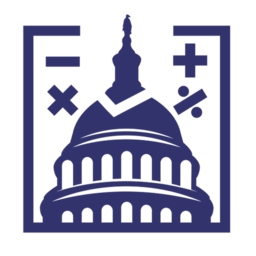


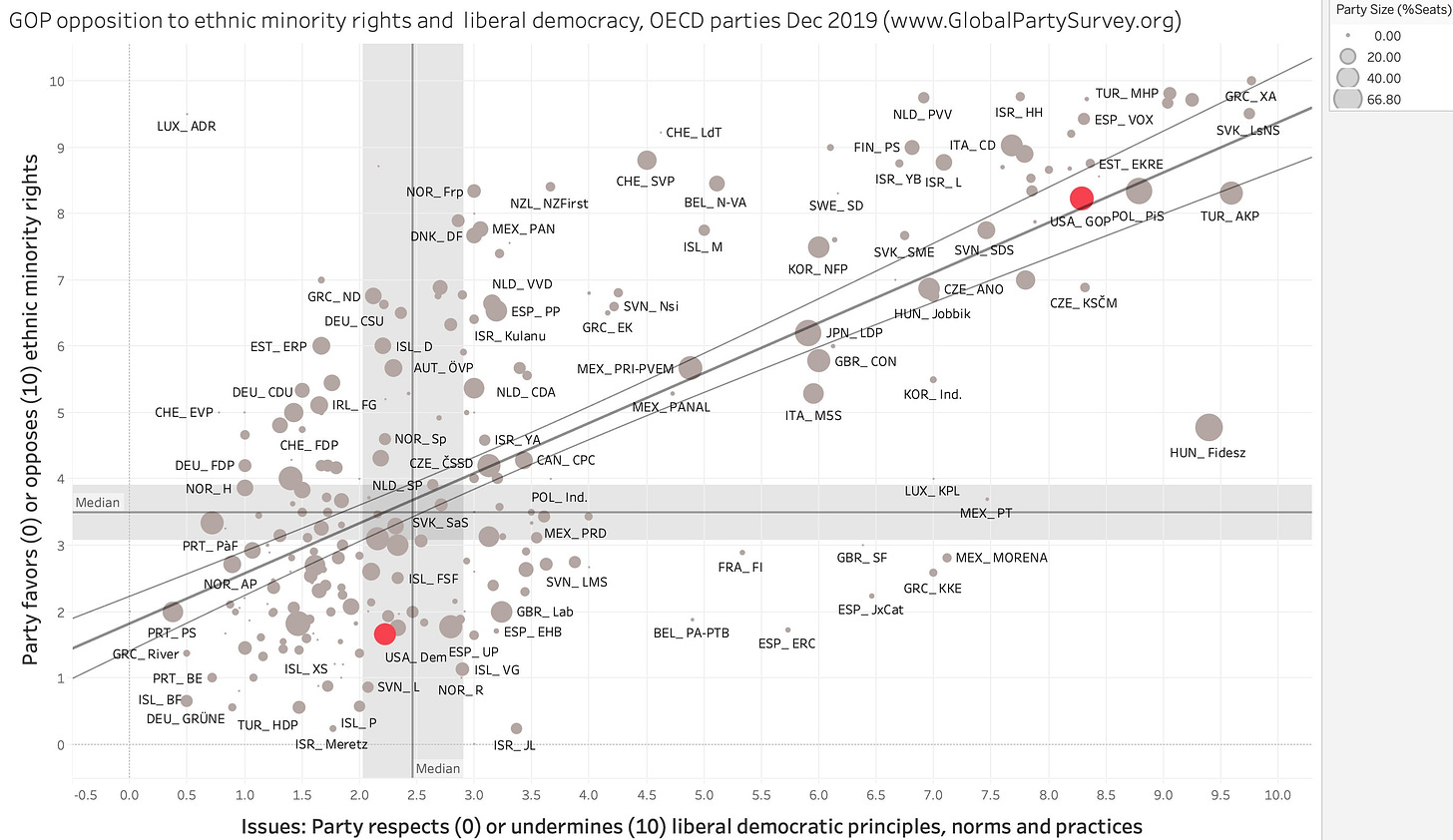
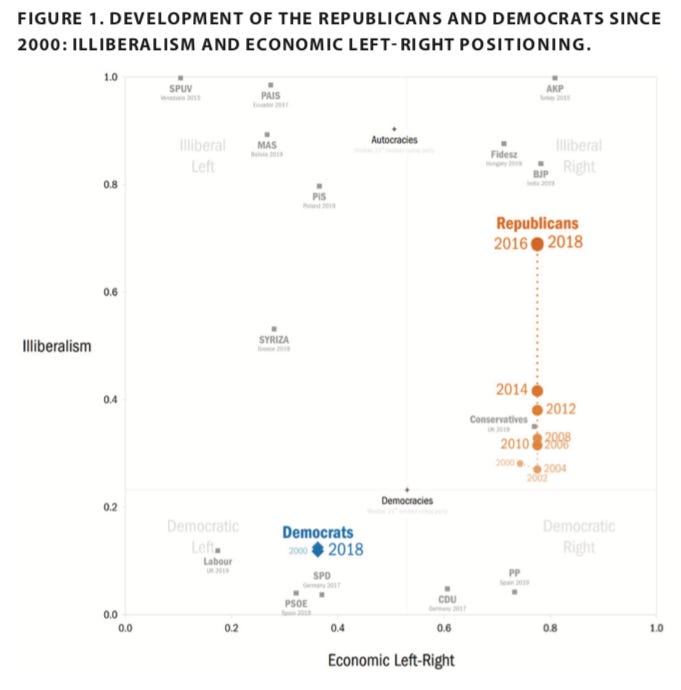
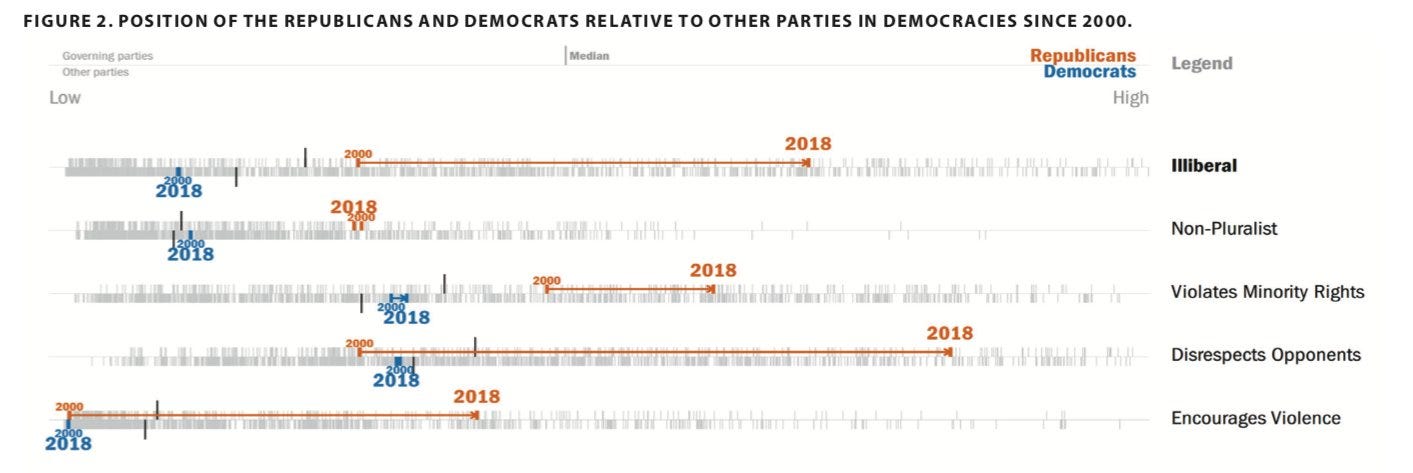
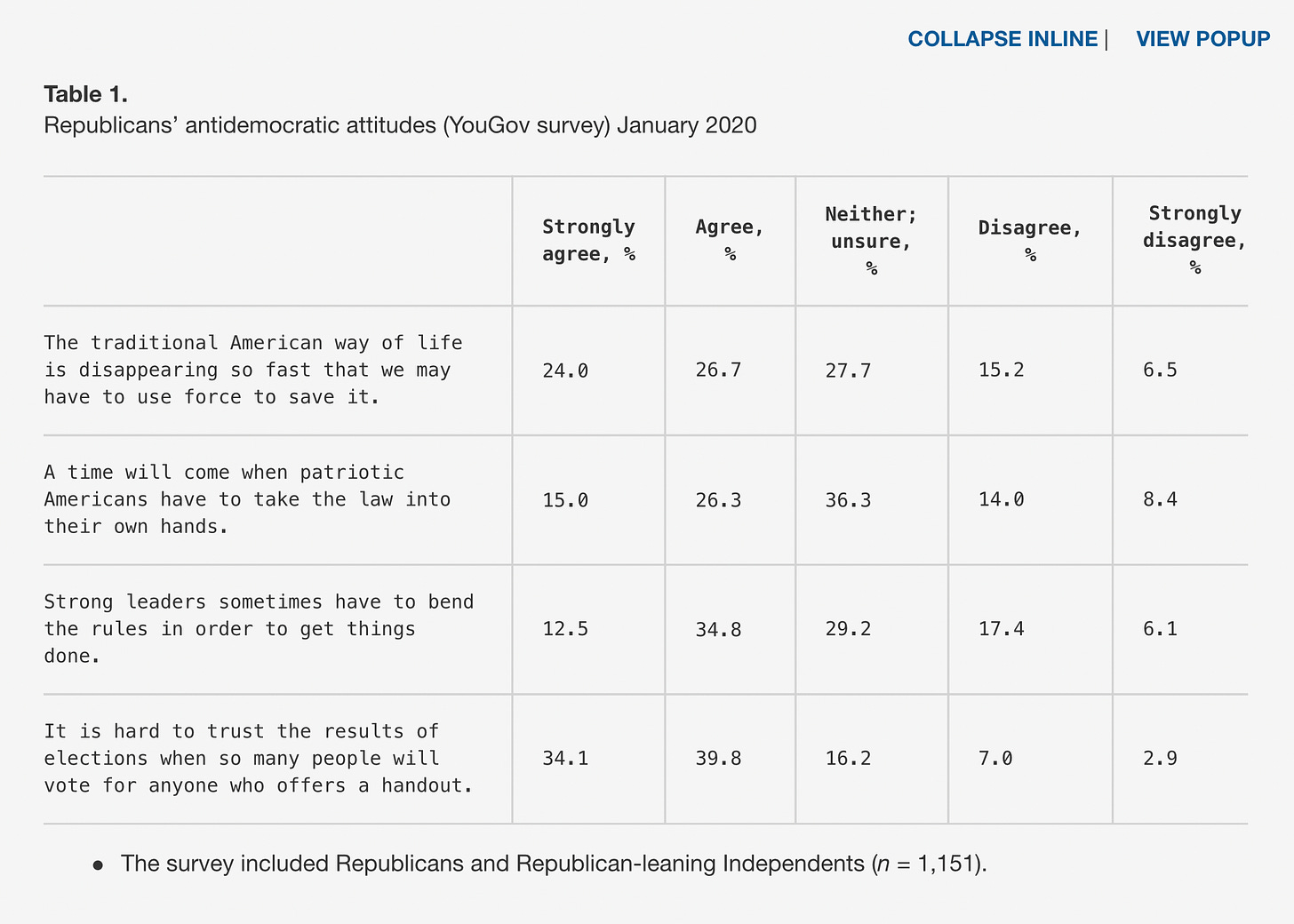
Hi Elliott,
It's hard to fully comprehend what happened during the last two weeks. There was an assault on the Capital of the United States to prevent the ceremonial counting of the Electoral College votes. One line that stood out to me from your reaction piece: "Despite the silver lining, yesterday was the first time in history that that transition of power was not peaceful." If we need 25,000 National Guard and additional police to successfully transfer power, I'm not sure if that fits the definition of a "peaceful" transfer of power. That's what I've been thinking about during the last two weeks.
Hopefully, Trump getting banned from Twitter helps reduce the violent rhetoric out there.
Misinformation dropped dramatically the week after Twitter banned Trump and some allies
https://www.washingtonpost.com/technology/2021/01/16/misinformation-trump-twitter/?utm_source=twitter&utm_medium=social&utm_campaign=wp_main
Hopefully things will be safe in DC.
-Elliot
This coming Monday, Joe Biden will be inaugurated in DC...
No, Wednesday the 20th